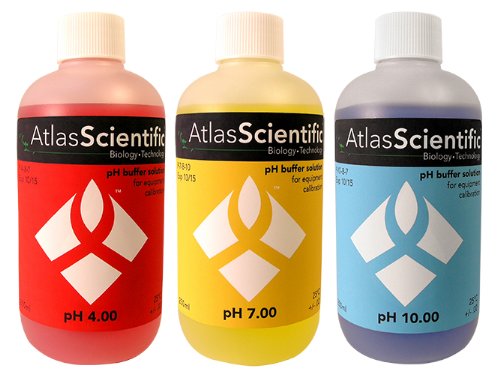I just bought this without really looking into it. Come with a TDS meter too, whatever that is...
Apply discount code: SHDF97OZ
http://www.amazon.com/dp/B013QJ1JO2/?tag=skimlinks_replacement-20
Came out to just over $11 shipped for me - will this work well for measuring mash Ph?
Apply discount code: SHDF97OZ
http://www.amazon.com/dp/B013QJ1JO2/?tag=skimlinks_replacement-20
Came out to just over $11 shipped for me - will this work well for measuring mash Ph?
Last edited by a moderator:





